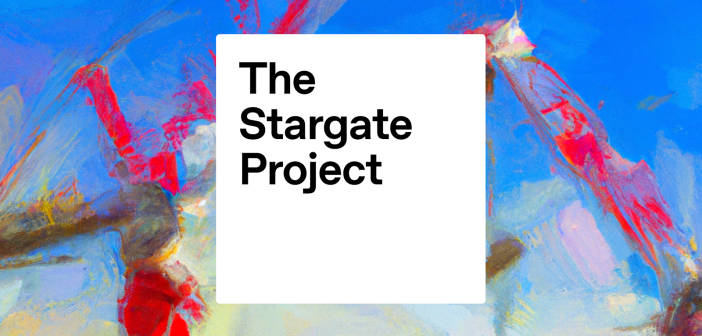The $500 billion Stargate Project, spearheaded by OpenAI, Softbank, Oracle, and other leading tech firms, presents a golden opportunity for India to accelerate its artificial intelligence (AI) ambitions through deeper partnerships with the United States, industry experts revealed on Wednesday.
India can leverage its role in the Critical and Emerging Technology (iCET) agreement between the two nations and the Indo-Pacific Economic Framework for Prosperity (IPEF) to co-develop cutting-edge technologies and scale its domestic capabilities.
“Proactive diplomacy, leveraging India’s role in iCET and IPEF, strategic investments, and collaborative approaches will be key to ensuring that India not only benefits from the global advancements in AI but also establishes itself as a formidable player in the international AI landscape,” said Ashok Chandak, President of the India Electronics and Semiconductor Association (IESA).
While the primary objective of the Stargate Project is to solidify the US’ leadership in the AI ecosystem, it also presents significant opportunities for India. Major companies backing this initiative — including Nvidia, Arm, Microsoft, Softbank, Oracle, and OpenAI — already have a substantial presence in India and actively utilize Indian talent.
“This creates avenues for Indian professionals to gain exposure and contribute to such a monumental project, further enhancing their expertise in advanced AI technologies,” Chandak added.
There is cautious optimism that the Trump administration might consider industry feedback during the 120-day review period and adopt a more relaxed stance on AI export controls, especially toward India and other strategic partners.
Dr. Ajai Chowdhry, founder of HCL and chairman of the National Quantum Mission, remarked that this initiative shows serious intent to take strong control of AI, in addition to having all the large language models (LLMs) owned by the US.
“For strategic autonomy, we must create our own AI doctrine and start controlling our own data strongly. Also, we must create our own domestic hardware for data centers as it is going to be very difficult to control our data,” said Chowdhry.
The government and the industry must work together to craft a fresh strategy for AI, he added.
In alignment with this vision, India launched the IndiaAI mission last year to enhance AI-related developments in the country. The Union Cabinet, chaired by Prime Minister Narendra Modi, approved an allocation of over Rs 10,300 crore for the IndiaAI Mission, marking a significant step towards bolstering the AI ecosystem in the country.
According to the government, nearly 860,000 candidates have enrolled in the IndiaAI ‘Future Skills’ initiative, developed in collaboration with industry partners, to provide training aligned with the latest requirements.
As India deepens its partnerships with the US and leverages its role in strategic international agreements, the Stargate Project stands as a beacon of potential, promising to catapult the country to the forefront of the global AI landscape.




